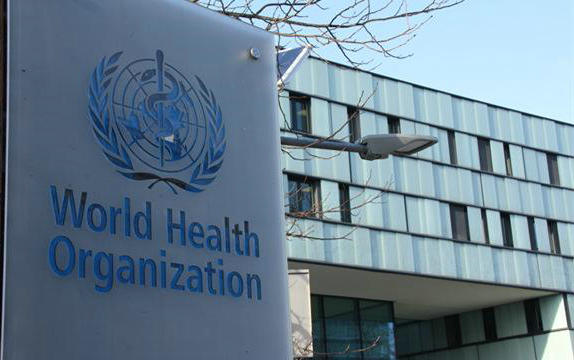
PHEIC does not mean delimitation of “endemic country”
On January 30 local time, the World Health Organization released a new coronavirus-infected pneumonia epidemic as an “public health emergency of international concern”, bringing this term of global public health governance back into the public eye.
According to the definition of the International Health Regulations, “public health emergencies of international concern” refers to the unusual occurrence of public health risks to other countries through the international spread of disease and may require a coordinated international response event. In response to the 2009 H1N1 influenza, the polio epidemic in 2014, and the Ebola epidemic in West Africa in 2014, the WHO has previously announced five “public health emergencies of international concern”.
There is no doubt that the purpose of WHO’s announcement of “public health emergencies of international concern” is to recommend international action in the professional field to curb the spread of the epidemic. However, it is inevitable that some plausible statements about “public health emergencies of international concern” are spreading on the Internet. The arguments such as “China has been classified as an” epidemic country “,” China’s economy will be severely damaged “and other reasons have been created for no reason Panic. In fact, these rhetoric of anxiety can’t stand scrutiny.
First, the WHO’s announcement of “public health emergencies of international concern” is not a vote of no confidence in China. Since the outbreak of the epidemic, whether it is the unprecedented “closing of the city” in Wuhan or the launch of a Level 1 response to a major public health emergency in 31 provinces, China has adopted the most comprehensive and strictest prevention and control measures, many of which have far exceeded international requirements. , Fully affirmed and highly appraised by the international community. In fact, thanks to the Chinese government’s extraordinary response, it has achieved remarkable results in strictly controlling the export of cases. At the WHO’s press conference announcing “public health emergencies of international concern”, WHO Director-General Tan Desai said, “I have never seen this kind of mobilization in my life”, “China for others The country ’s prevention and control sets a new standard, ”and“ WHO continues to be confident in China ’s ability to control the epidemic. ” Tan Desai also made it clear that the reason for the announcement of “public health emergencies of international concern” was not in China, but because the epidemic outside China was to protect other countries with weak health systems and inadequate preparation.
Secondly, the announcement of “public health emergencies of international concern” does not imply that China has become an “epidemic country.” A widely circulated saying on the Internet is that the decision of the World Health Organization is to categorize China as an “infected area country”. Any international activities in the affected area will be stopped and the economy will be hit hard. However, the WHO has long abolished the concept of an “infected area country” and compared “public health emergencies of international concern” with economic sanctions. In fact, while declaring “public health emergencies of international concern” this time, WHO stressed that travel and trade restrictions are not recommended. The “public health emergency of international concern” is basically an alert mechanism to alert other countries to strengthen prevention and control. It is valid for 3 months after publication and can be revoked or modified at any time according to the development of the epidemic. A not far example is that in February 2016, the Zika virus outbreak in Brazil was also declared as an “public health emergency of international concern”, but this did not affect the normal hosting of the Brazil Olympics in August.
Finally, the announcement of “public health emergencies of international concern” cannot be a reason to stigmatize China. A few days ago, Denmark’s “Jutland Post” used a new coronavirus-infected pneumonia epidemic to publish an insulting comic in China, which greatly hurt the feelings of the Chinese people, which virtually added the stigma of the “public health emergency of international concern” after the announcement China’s concerns. It must be pointed out that the “public health emergencies of international concern” reminded us that it is precisely the destiny of nations in the era of globalization that is closely connected and shared. The world will not forget that in the fight against the Ebola epidemic, China took the lead and acted as an emergency and played a leading and demonstrative role for the international community. In the fight against the polio epidemic, China actively extended its humanitarian aid … … We also see that since the outbreak, the international community has expressed understanding and support for China’s fight against the epidemic in different ways. It can be said that strengthening international solidarity and cooperation to meet global public health challenges has become the absolute mainstream of this era.
As recommended by the WHO this time, the only way to defeat the epidemic is that all countries work together in a spirit of solidarity and cooperation. We are all in it, and we can only stop it together. This is a time when facts are needed instead of panic. This is a time when science is needed instead of rumors. This is a time when unity is needed instead of stigma. At the moment of the epidemic, what we need to do is not to create panic in every situation, but to devote all our energies to the prevention and control of the epidemic, and to win this war without smoke as soon as possible.



